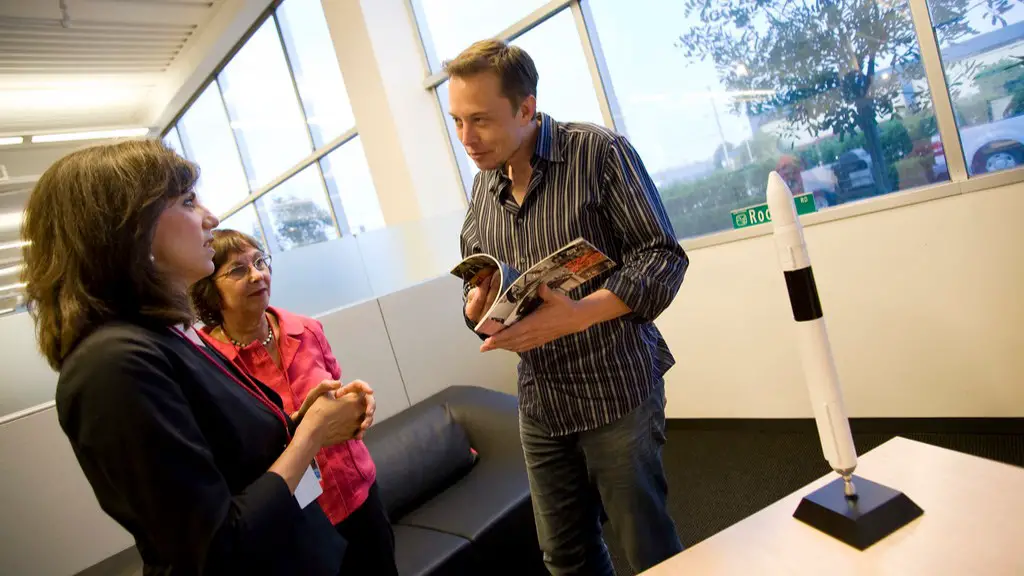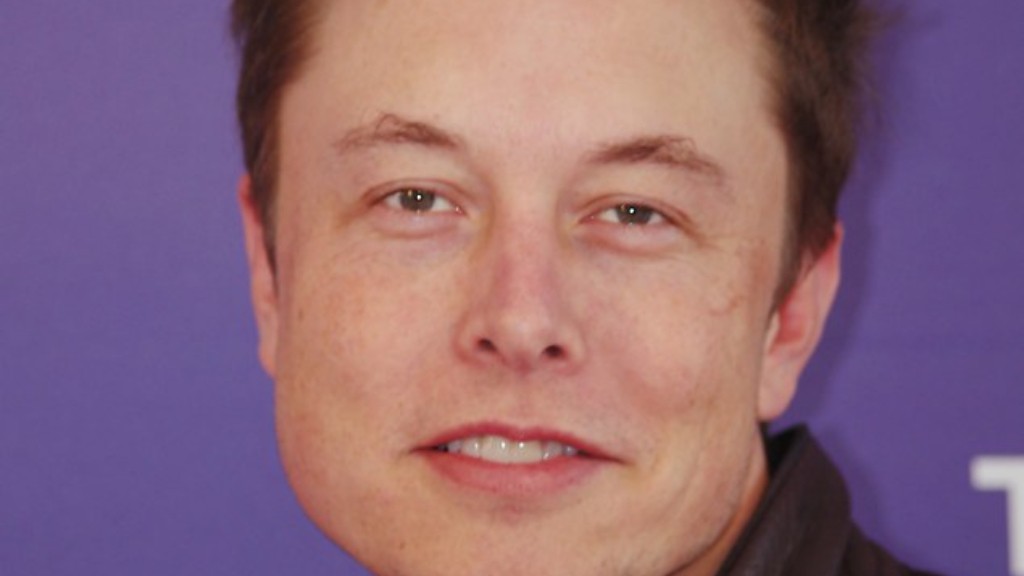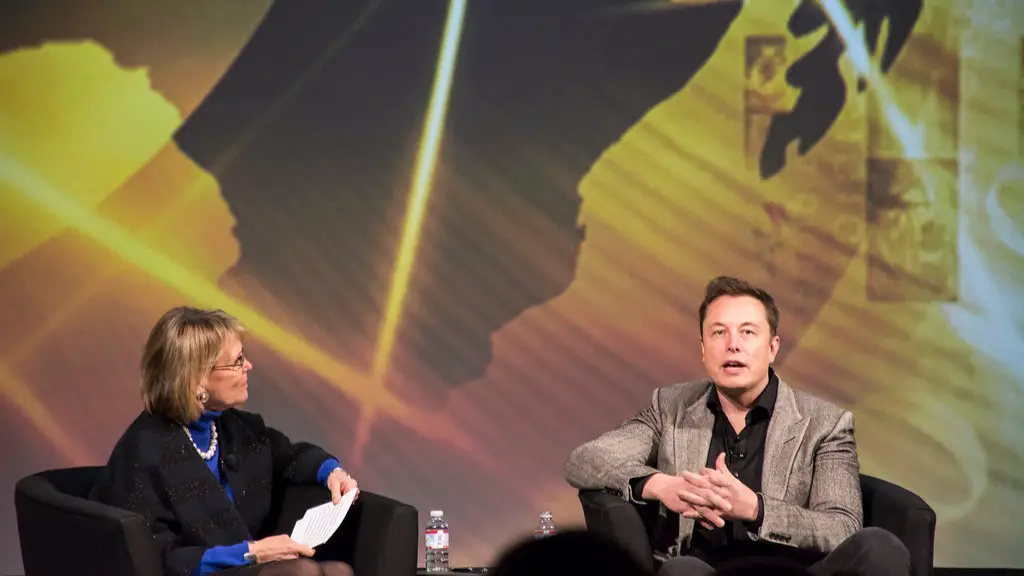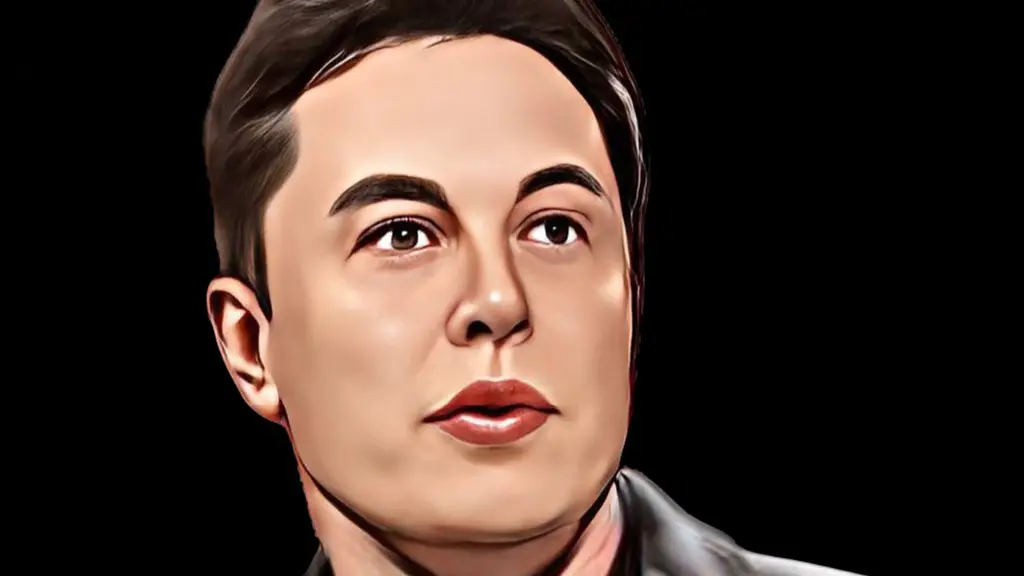Elon Musk, the multibillionaire tech mogul and innovator, has been credited with revolutionizing the way we view and use technology. As the founder of multi-billion dollar companies such as, SpaceX, Tesla, and SolarCity, it can be said that he has built his own empire. But where did he get the capital to jump start his empire and what strategies did he use to obtain the money it took to build his empire?
Early Ventures
Musk’s first major business venture was Zip2, an online city guide which he co-founded with his brother Kimbal. The Musk brothers secured a loan from their mother and an angel investor, and then used a seed-round of about $3 million in venture capital funding from various investors to get the business off the ground. This was followed by his next success, X.com, a financial services and e-mail payments company which later became PayPal. After millions of dollars of venture capital, the company was eventually bought by eBay for $1.5 billion.
Importance of Risk Taking
Musk didn’t get to where he is today without taking risks. He has stated that when starting out, one should be “prepared to lose all their money.” Musk believes that understanding and taking risks is essential to successful entrepreneurialship as it demonstrates a willingness to accept the possibility of failure and push forward despite it. Musk also believes in investing in yourself and taking the plunge with your ideas, as well as doing plenty of research before starting out an enterprise.
Private Investment
Throughout the development of Tesla, one of Musk’s projects, Musk relied heavily on private investors for capital. Tesla initially raised about $40 million in private investment. Later on, investors such as Google co-founder Larry Page, entrepreneur and venture capitalist Peter Thiel, as well as Saudi government investored invested millions more into the development of Tesla and other companies founded by Musk. This private investment allowed Musk to jumpstart his ideas, instead of relying on traditional methods such as bank loans.
Government Grants
Musk has also received significant grants and tax breaks from the US government and state governments. For example, SolarCity, another of Musk’s companies, was subsidized by the federal government in the form of a 30% tax credit, whereby the company was rewarded for solar energy installations to promote use of clean energy. Tax credits from government agencies such as the Department of Energy and the Department of Defense, have been instrumental in the success of Musk’s companies, such as Tesla and SpaceX.
Public Offering
Another way that Musk has obtained capital for his companies is through public offerings. Musk’s various companies have gone public numerous times, allowing for easier access to capital. Tesla, in particular, has utilized the public offering route to raise billions on Wall Street and secure needed funds for its projects.
Non Traditional Decisions
Overall, Musk has utilized a variety of strategies to gain capital, ranging from venture capital and angel investment, to private investment and government grants. He has also made non-traditional decisions when raising money, such as going public and tapping into unconventional sources such as Wall Street. Whatever the decision has been, it’s clear that Musk has been successful when it comes to raising capital, and it’s likely he will continue to find success when it comes to generating further capital for future projects.
Relationships With Other Businesses
Musk has also been successful in obtaining capital by leveraging relationships with other businesses. This has allowed him to form strategic partnerships that have resulted in additional funding for his companies. For example, Tesla has had a number of partnerships with automotive companies such as Daimler, Toyota, and Volkswagen, which have resulted in hundreds of millions being invested into the company.
Conclusion
Skilled leadership, risk taking and strategic alliances have been key in helping Elon Musk build his empire and acquire the capital needed to fund his businesses. By grasping available funds from private investors, government agencies and even Wall Street in unconventional ways, he has been able to build his businesses and become the leader of the tech industry.
Long-Term Vision
Musk’s long-term vision has also been instrumental in his success. Whereas most companies aim to maximize short-term profits, Musk often takes a different approach, aiming to maximize long-term value. He is willing to make sacrifices in the short term in order to benefit from long-term growth. One example of this is his decision not to go public with Tesla for several years, which allowed him to maintain control and continued funding for the company without the interference of Wall Street.
Tesla Autopilot
Tesla Autopilot, a driver-assistance system designed to reduce the risk of accidents, has been another of Musk’s successes. Autopilot has enabled Tesla to transition from being a niche carmaker to a self-driving technology leader. Autopilot has raised Tesla’s profile and positioned the company as a pioneer in terms of technological innovation.
Attention To Detail
Musk has also been successful due to his attention to detail. He has a deep understanding of the technology he works with and knows the details that matter. This attention to detail has allowed him to make decisions with confidence, as well as to identify problems and find solutions before they become major issues.
Space Exploration
One of the most ambitious projects that Musk has undertaken is his space exploration venture, Space X. As a man that dreams of colonizing Mars, Musk has dedicated his efforts to making space exploration more attainable. Through government grants and innovative thinking, Musk has been able to make headway in the industry and begin to send SpaceX vehicles into space.
Sticking To Principles
Another factor that has contributed to Musk’s success is his refusal to compromise on his core principles. He has consistently taken a stance on issues that he believes in and stuck to it, despite competitive pressures and criticism. His refusal to compromise with venture capitalists and Wall Street has allowed him to retain control of his companies and gain the confidence needed to make long-term plans.
Industry Influence
Musk has been credited with influencing the entire tech industry, as well as inspiring a generation of entrepreneurs. He has shown that it is possible to challenge the status quo, challenge the established order and build something from the ground up. He has also been a role model for founders that wish to focus on long-term growth, instead of merely chasing short-term profits.




